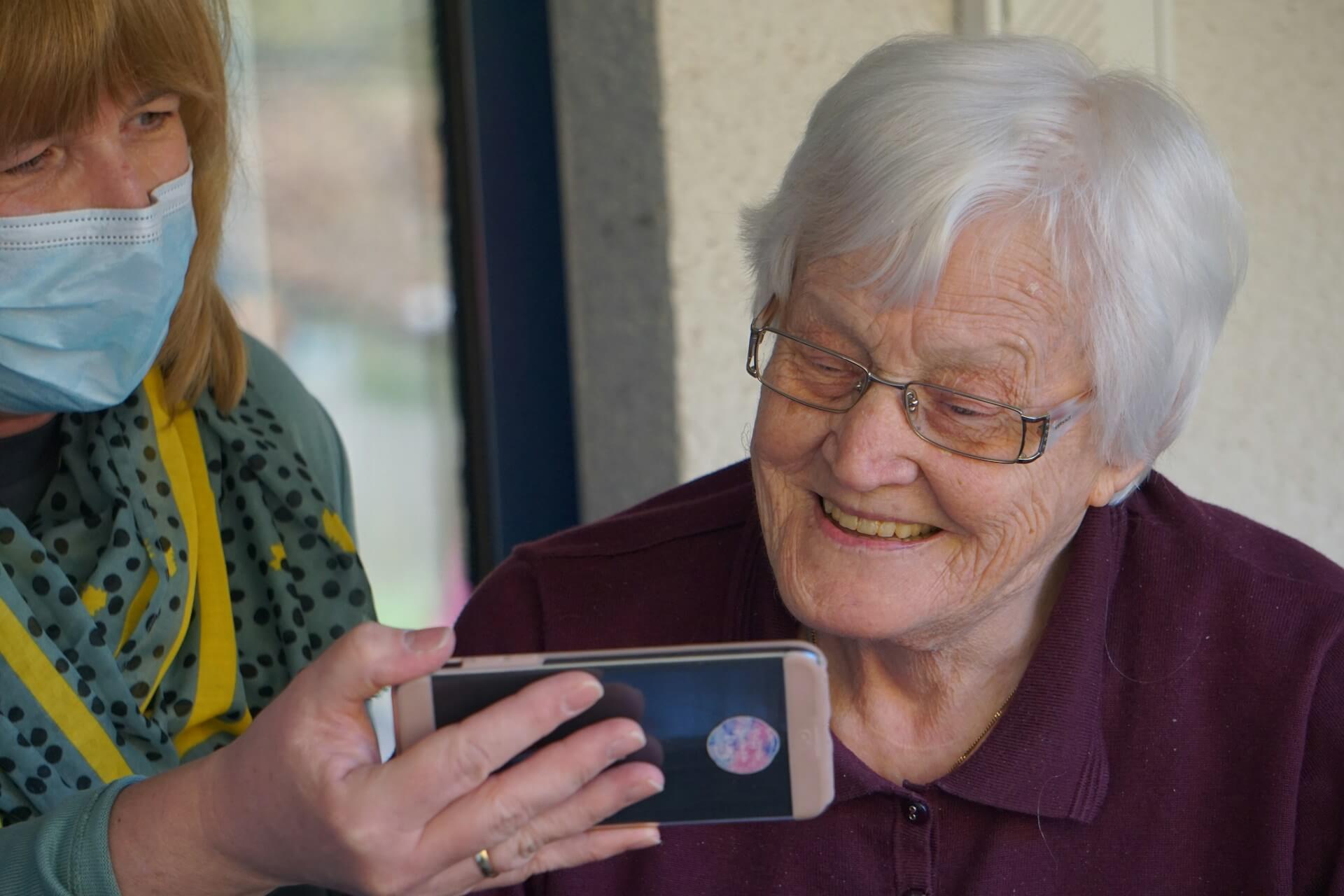Tip #1: Understand what options are available
A living will form tells your doctor and family your requests for medical care if you are unable to communicate them yourself. Specifically, it will determine the degree to which doctors will go to keep you alive in the event you become incapacitated. Usually, experts advise people over the age of 18 years to have their own living will. The number of people choosing to create one is constantly increasing for practical and ethical reasons. You actually are not forced to write one, but you should explore your options.
Tip # 2: Pick an advocate or an executioner
The details of your living will form can be fully decided by you. You could also designate a person to make the significant decisions in case events are not covered by your own provisions. Pick someone you can rely on to faithfully advocate your wishes and the execution of your living will. You may want to choose a back up proxy or health care agent in case something happens to your first choice.

Tip # 3: Secure your choices
Have your family’s consent or the advice of your religious adviser when deciding which medical procedures to allow or prohibit. Be as clear as possible about what you expect; choices include a do-not-resuscitate order, which means that you would order a doctor not to start emergency procedures to help you to breathe or restart your heart, or decisions regarding the type of life-support care you'll be willing to accept, i.e. dialysis, feeding tubes.
Tip # 4: Write your own living will
You can contact an attorney to write a living will or you can put one together yourself with relatively little cost. Download a free copy of a living will at. However, it would not be valid, legal, and effective unless notified by a certified lawyer.
Tip # 5: Revise your living will regularly
It is important to always update your living will. There might be additional provisions and terms you want to include in it. Review the will once a year and update or make the changes necessary. Do not forget to make a number of copies. Distribute one each to your doctor, family members, agents, and of course keep a copy for yourself.


 Tweet
Tweet
 Share
Share



